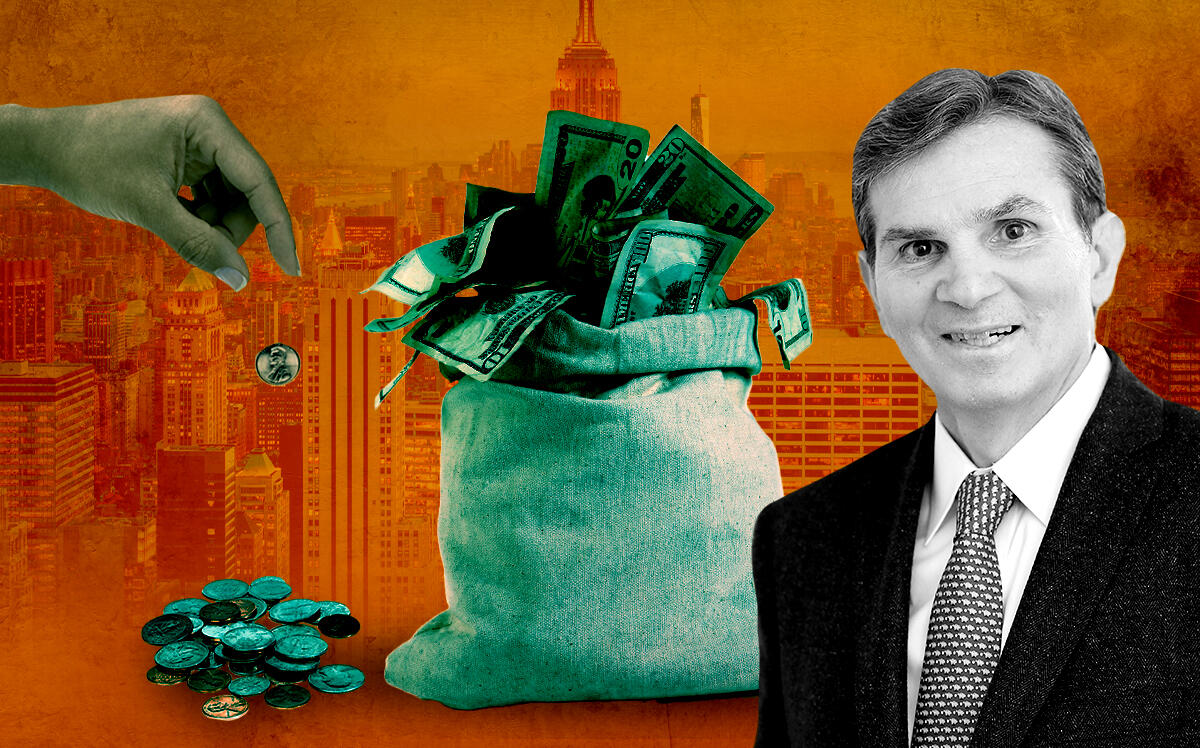Signature Bank’s commercial real estate arm led overall loan growth in the company’s third quarter, a sign that rising interest rates have yet to spook New York investors.
The bank, which is a major lender on rent-regulated buildings, expanded its lending portfolio by $1.84 billion in the period, up 2.6 percent from the previous quarter, it revealed Tuesday.
Commercial real estate loans contributed $2.1 billion, offset slightly by other sectors’ declines. That uptick outpaced the commercial loan growth of $1.3 billion that Signature reported in the second quarter.
Debt brokers had expected commercial lending to fall in the period between July and September as higher rates and still-high property prices have made it trickier for banks to underwrite deals.
“It’s just harder to make the deals work because pricing hasn’t adjudged fully to reflect where financing and particularly the new economic environment is,” Marc Sznajderman, who oversees Eastern capital markets for Marcus & Millichap Capital Corporation, told The Real Deal.
But so far that has yet to drag down Signature.
Read more



Annually, loans grew 26 percent in the period, bolstering the bank’s bottom line. The firm reported earnings of $5.57 per share in the quarter, a 44 percent pop from the $3.88 reported a year ago. Total income jumped 40 percent to nearly $718 million in the same 12 months.
“Now that’s a good quarter,” quipped CEO Joseph DePaolo on an earnings call Tuesday morning.
The blight on Signature’s earnings was declining deposits. For the second straight quarter, digital asset clients yanked funds from Signet, the bank’s blockchain-backed digital payments platform.
Clients drained $3 billion in digital deposits from the bank in the third quarter, resulting in a net decrease of $1.3 billion or 1 percent compared with the same quarter of 2022. Deposit growth of $1.7 billion from other businesses offset the drop-off.
DePaolo attributed the dip in deposits to higher interest rates. Hikes this year have caused markets to tumble, crashing the value of cryptocurrencies in particular. Bitcoin has plunged 58 percent year-over-year.
Some investors have pulled their crypto investments, preferring to sink funds into more stable asset classes.
Signature executives acknowledged the ongoing “crypto winter.” As a consolation, DePaolo offered that declines weren’t as steep in the third quarter as in the second.
“I don’t know what the bottom is,” the chief executive said. “But I do know that we’ve been in this position for a while and it’s only going to go up instead of going down.”
Signature’s sinking deposits are in line with what banks have experienced at large. S&P Global reported that U.S. banks saw deposits slip 1.1 percent from the second quarter as interest rates rose.
The worry around falling deposits is that banks might not have enough cash reserves to finance loans.
But DePaolo professed that though the bank’s loan-to-debt ratio rose to 72 percent from 61 percent year-over-year — higher ratios imply less cash on hand — the bank hasn’t “had any issues with liquidity at all.”
The executive said Signature would concentrate on boosting deposits in the fourth quarter with initiatives that include “releasing clients that don’t give us deposits.”
“We have a number of deposit initiatives, which makes us feel very good and positive about the future,” DePaolo said.
